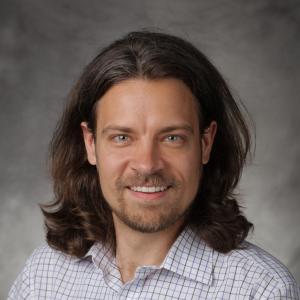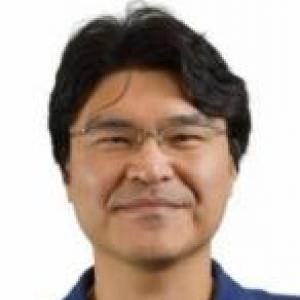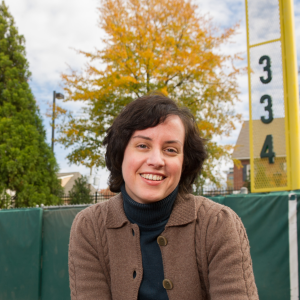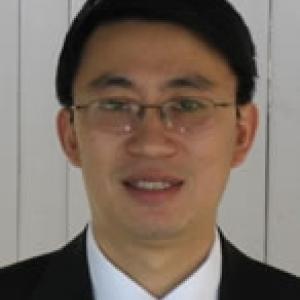David Myers, Ph.D.

David’s varied interests have fueled an unusual educational background that fuses engineering, microsystem design, biology, and clinical research. David received his PhD in mechanical engineering from the University of California at Berkeley, under the tutelage of one of the early microsystems pioneers, Albert P. Pisano, PhD. Driven by a desire to see new types of sensors in the clinic, David undertook a postdoctoral fellowship in biomedical and clinical research with Wilbur A. Lam, MD, PhD, in the Wallace H.








